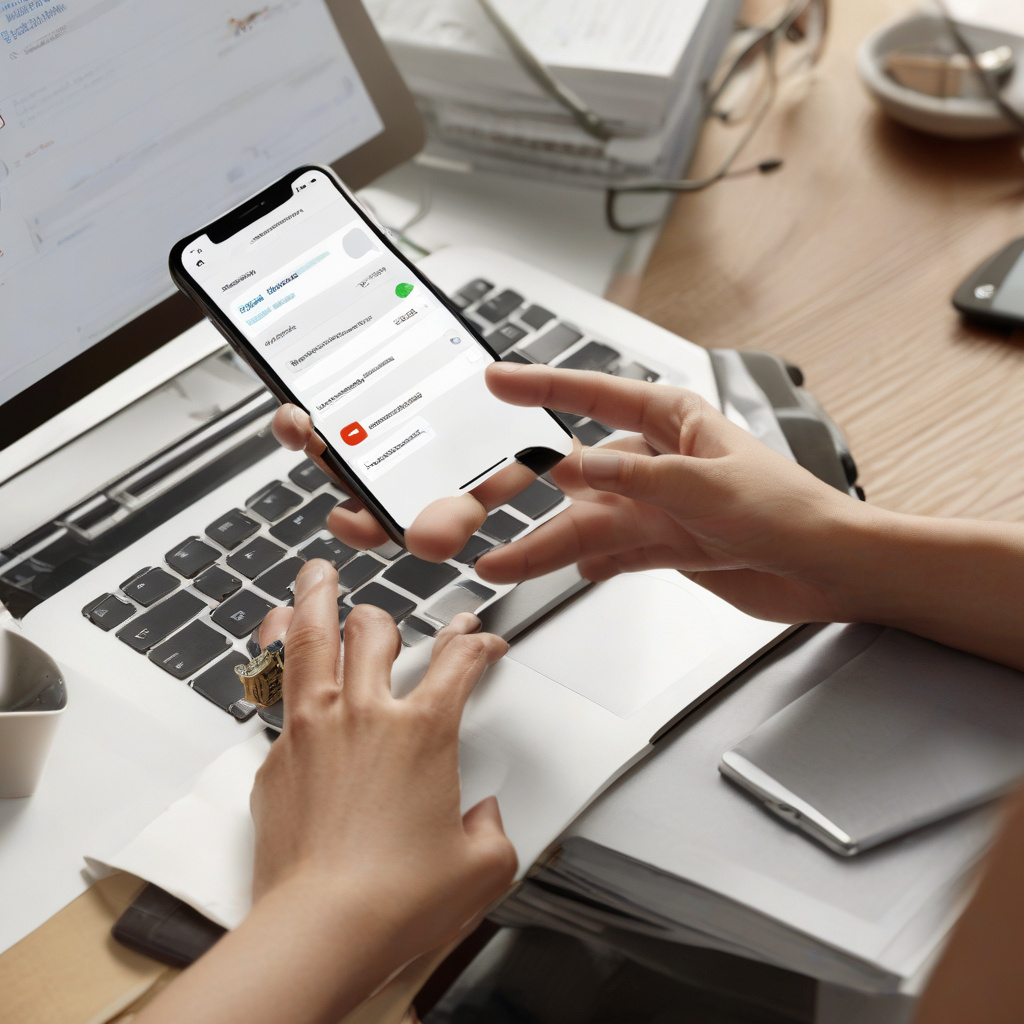Enhancing Email Security Through Multi-Factor Authentication
In today’s digital age, where cyber threats loom large, safeguarding sensitive information has become more crucial than ever. Email accounts, often serving as gateways to a treasure trove of personal and professional data, are prime targets for malicious actors. Despite the widespread knowledge that using strong, unique passwords is essential for security, the reality is that passwords alone are no longer sufficient to protect against sophisticated attacks. This is where multi-factor authentication (MFA) emerges as a powerful ally in fortifying email security.
Enabling MFA on email accounts provides an additional layer of defense, even in scenarios where passwords are leaked or guessed by attackers. This security measure requires users to provide two or more forms of verification before gaining access to their accounts. Typically, this involves something the user knows (password), something they have (smartphone or security key), or something they are (biometric data like fingerprints or facial recognition). By combining these factors, MFA significantly reduces the risk of unauthorized access, as even if one factor is compromised, the account remains protected by the others.
The effectiveness of MFA in thwarting cyber threats is evident in various real-world scenarios. For instance, in 2017, Google reported that enabling MFA on all accounts successfully prevented 100% of automated bot attacks, 99% of bulk phishing attacks, and 66% of targeted attacks. This demonstrates the tangible impact MFA can have in mitigating risks and safeguarding user data from diverse threats.
Moreover, the adoption of MFA is not limited to tech giants or corporations; individuals can also benefit significantly from this security measure. With the increasing prevalence of data breaches and password leaks, using MFA on personal email accounts can offer peace of mind and enhanced protection against unauthorized access. Whether it’s securing sensitive conversations, financial information, or confidential documents, MFA serves as a robust defense mechanism that adds an extra barrier for cybercriminals to overcome.
As organizations and individuals continue to navigate the complex cybersecurity landscape, the importance of implementing robust security measures like MFA cannot be overstated. While no system is entirely foolproof, MFA significantly raises the bar for potential attackers, making it harder for them to compromise email accounts and access sensitive data.
In conclusion, enhancing email security through multi-factor authentication is a proactive step towards bolstering defenses against evolving cyber threats. By adding an extra layer of verification beyond passwords, MFA acts as a formidable deterrent to unauthorized access and enhances overall cybersecurity posture. As the digital realm becomes increasingly targeted by malicious actors, embracing MFA is not just a recommendation but a necessity in safeguarding sensitive information and maintaining digital resilience.
cybersecurity, emailsecurity, multi-factorauthentication, data protection, digitalresilience












